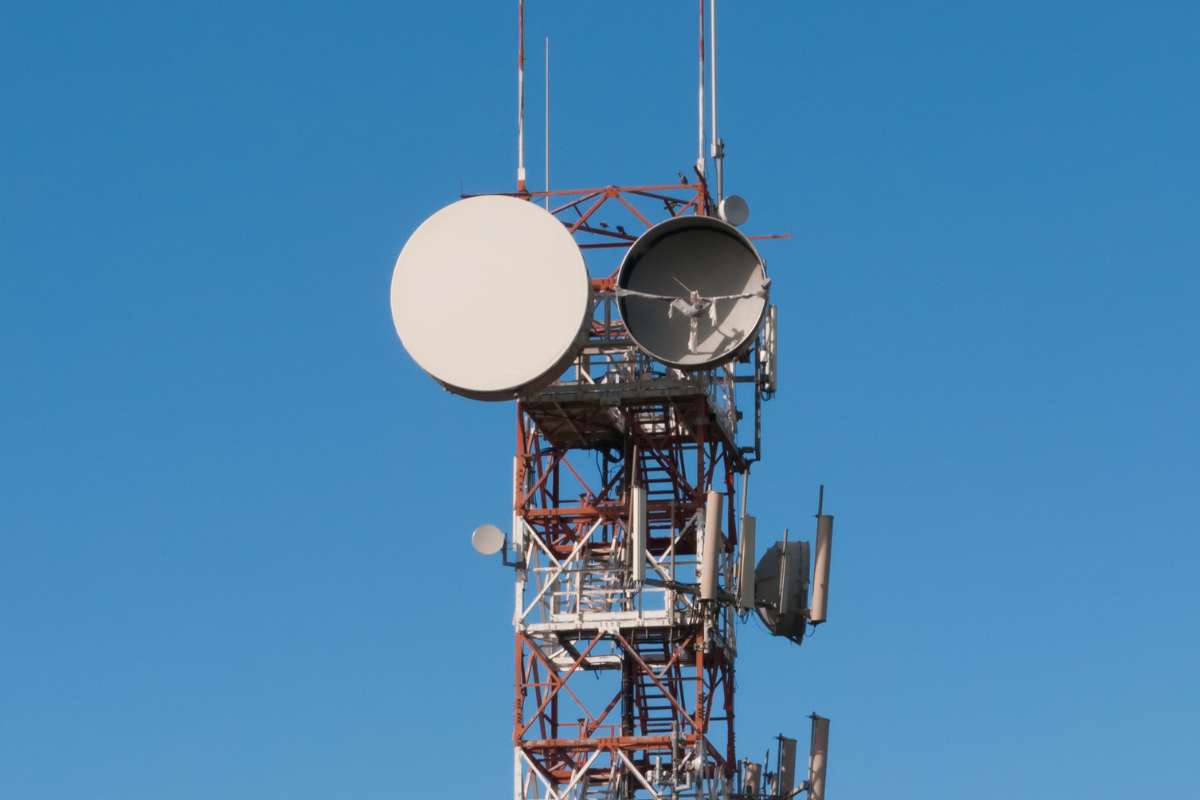
On Tuesday, the Maharashtra cabinet announced the Telecommunications Infrastructure Guidelines for Urban Local Bodies 2022. The new set of guidelines is meant to expand coverage and tele-density in urban areas. The telcos are now deploying 5G, and that calls for an entirely new way of looking at digital infrastructure. Let's take a look at some of the features of the new telecom infra guidelines that the Maharashtra government has announced.
New Guidelines Promote the Concept of Infrastructure Sharing
The new guidelines announced by the Maharashtra government promote the concept of infrastructure sharing. It is something that would benefit the telcos and the internet service providers (ISPs) majorly as it would enable the companies to roll out new services faster at a lower cost. The guidelines would be applicable to all the TSPs (telecom service providers) and the IPs (infrastructure providers) registered with the DoT (Department of Telecommunications).
The new policy covers both the underground as well overground telecom infra such as GBT, RTP, RTT, TIT, CPT, IBS, COW, Transmission Towers, Microcells etc. All the telecom infra that has been installed before the publishing of these rules would have to be registered afresh. All existing telecom infrastructure towers or overground cables shall register before March 31, 2023, as per State Telecom Policy 2022.
Every application by the companies would have to be applied via MahaSanchar/GatiShakti Portal. The guidelines promote the laying of aerial fiber cable with a one-time administrative fee of Rs 1,000 per kilometre. There won't be any charges for the establishment of poles, small cells and cable, on the property that can't be moved and is under the control or management of the appropriate central authority.
An installation charge of Rs 300 per pole per year is applicable for small cells on street furniture in urban areas, and the same drops to Rs 150 in rural areas. Companies would also have to pay Rs 10,000 one-time administrative charges for all the areas. For underground fiber cable, telcos and IPs will have to pay Rs 1000 per kilometre.















